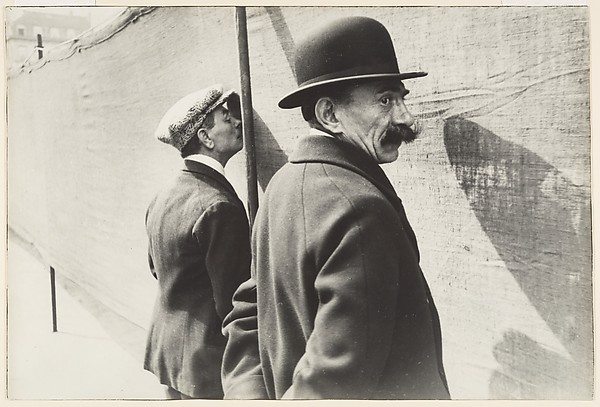All images © Henri Cartier-Bresson/Magnum as per the Metropolitan Museum of Art
Today’s photography world is one where Henri Cartier-Bresson would have done well only in very specific instances and circles. Much of this has to do with advances in society such as use of the internet, autofocus, social media, etc. Bresson’s legacy was very much one of his specific time period–and if he were around today there would be no doubt that he would be an important part of photography, but it may not be as a photographer. Instead, in today’s world, Bresson would have been an influential player with his healthy amount of financial resources and his ability to work with other people.
The Fantastical Romance of Bresson
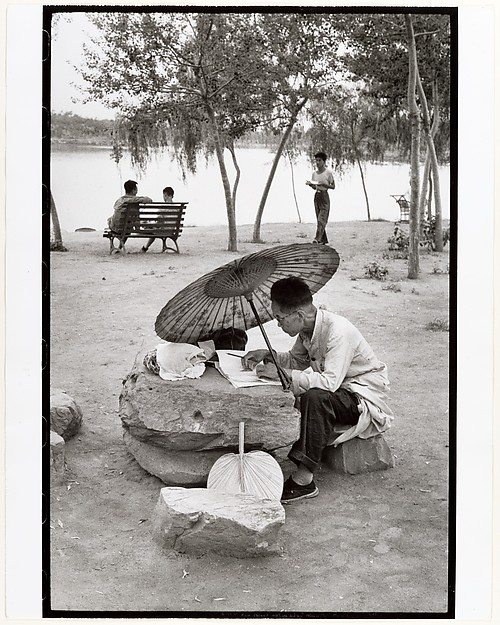
It’s no secret that every photographer at one point or another fantasizes about being Henri Cartier-Bresson and all that the man spawned in the photography world. It’s gone on to influence photographers to believe that they can only create images like he did with a Leica, black and white film and to never care about specific aspects of an image that the internet and photographers otherwise consider core. His work is part of what makes everyone want to be a street photographer going about their lives and capturing the decisive moment or the human condition.
Just using those words alone help to make us think not only about him but also about street photography and much more such as using a rangefinder, Leica, and trying to make a difference or change the world with your images. But the truth is that when you put the two up against one another, Magnum photos and their photographers did much more to change society than Bresson and his body of work have done on their own. Sure, he did his job as a documentarian–but there were many better photographers.
His Beliefs
Bresson at his core was a street photographer that loved geometry, shapes and believed that sharpness was a “Bourgeois concept.” Instead he cared more about the image itself–and in today’s art circles, it continues to hold true.
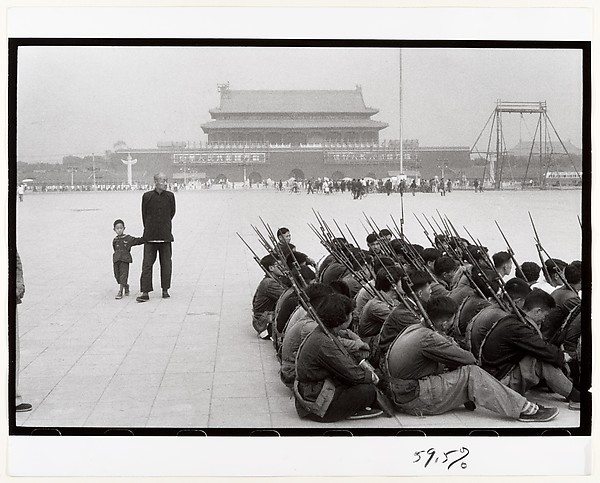
Go through many of the most iconic photos of the world today–many of them aren’t 100% critically sharp and yet we’re okay with the photos because of the content. Venture into a spot like the Hard Rock Hotel in San Diego and what you’ll spot in the elevators are loads of images that aren’t perfectly sharp but that instead give you the idea of what the subject is. To them, that’s what most important.
Indeed, this goes on to show that his beliefs were very important. Henri founded one of the largest and most important photo agencies in the world and his work continues to influence loads and loads of photographers today. There is without a doubt that he is one of the most influential photographers perhaps of all time due to his creation of this culture–but he is also one of the biggest patrons to the art form. Bresson was very wealthy and said things that still capture the hearts of photographers today.
He’s probably the reason why so many of you got into photography today.
Social Media and Technology
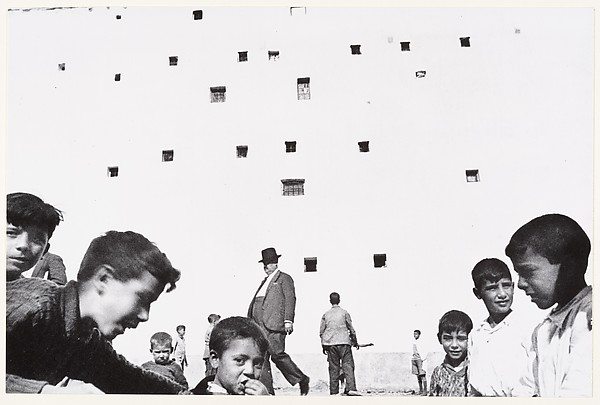
Go through the internet and what you’ll find are pretty much nothing but praise of Bresson. As a business man and an artist, they praise is very highly deserved–but it’s a stark contrast to some of the biggest conversations in photography today. The Bourgeois class of photographers (the middle class) indeed mostly talk about sharpness, pixel peeping, autofocus, high ISO results, grain, dynamic range and all the aspects of photography that are more about science, labs and quite honestly complete nonsense. But the truth is that every photographer has to find a way to persevere through this in order to grow. It’s a stepping stone of sorts that helps them gain confidence and belief in their own work.
This is done by putting stuff on the web in forums, social media services, etc. Today, Bresson would be competing amongst all of you and the likes of Martin Parr, Nicholas Goodden, Marius Vieth, and so many other photojournalists. He, like many others who go out there to document the human condition, would be up against problems from agencies and companies that tend to rely more on user generated content vs that of a tried and true photographer.
Bresson would have had really cool photos that are aesthetically pleasing, but people would sit there and continue to scroll through their Instagram feed in order to get to the photos of their friends doing sillyness, that attractive female model that they follow, Stinky Linky the French Bulldog, and so much more. In the end, society would probably be too enamored with our own need to be entertained than to look at his photos. Society today and at large also doesn’t have a major grasp and understanding of the art world like they do with numbers. To that end, this is how the Bourgeois class of photographers have thrived: by making everything all about the numbers.
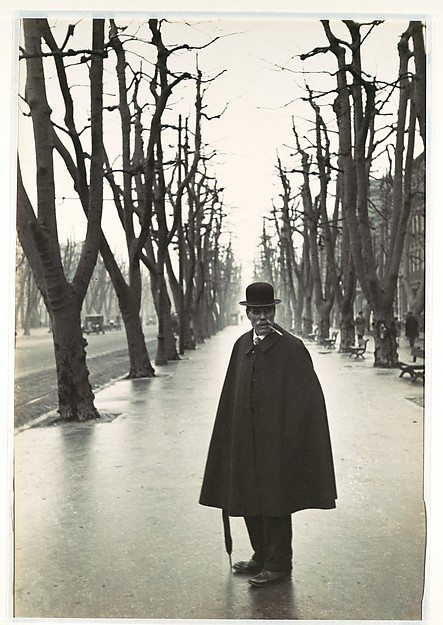
Don’t believe me? Think about it: all your boss thinks about are the numbers. They can’t understand or gauge customer service in the same way that we can’t necessarily gauge or understand art.
But consider this: If Bresson was around today and you had the choice to put a Bresson photo or a Banksy on the wall inside your home, which would you put? Surely, your artistic friends would be able to sit there and figure out who made both. However, most common folk may not be able to tell. To that end though, more folks have seen Exit Through the Gift Shop than they have seen anything involving a video from Bresson. Heck, when Bill Cunningham passed, loads of people talked about his documentary but I’m positive not many of those people would have been able to pinpoint his images if they tried.
Then consider the evolution of photography: on a daily basis I get emails about VR and 360 photo technology. Quite honestly, besides personal entertainment I’m not quite sure how a photographer could use these commercially with the exception of Real Estate photographers. For years now, all that marketing and advertising people have been trying to tell us is that the still image is on its way out to death and that the entire visual world will be about video. Thanks in part to the many creatives that focus on creating images vs capturing them, we’ve seen that to be wrong. A still image can continue to captivate someone.
This brings us to an even further point: with the internet today everyone has the potential to get discovered. To that end, everyone has to the potential to go out there and capture the same images that he did. Then you factor in image theft and loads more factors that eventually drive some photographers to just get off of the internet.
Indeed, the photography world of 2016 is far more scary of a place than it was during Bresson’s prime.
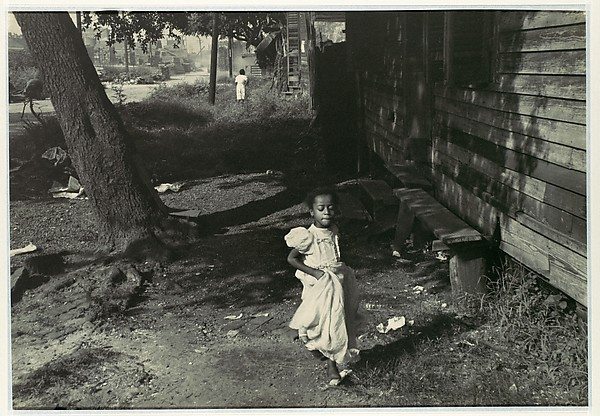
The Trolls Are Everywhere
Finally, one of the Bresson’s biggest problems would’ve been the trolls that the internet has. Every great photographer is hated by them. Heck, every photography blogger has trolls too. It’s a massive pain to deal with them but trolls would have surely done something to Bresson’s web presence. Lots of photographers on Instagram face trolls–same with Flickr, 500px, etc. To get jobs these days, some gigs require you to have a minimum of 10,000 followers. If he had that and was still just trying to build his name, a very strong argument can be made to conclude that he would have a hard time. Part of this has to do with the bourgeois concepts we talked about earlier. But it also has to do with his needing to actually go out there, network with people, gain their trust, etc. He’d be going through the struggles that many of us go through. Indeed though, there are very rich photographers out there with very little followings because they don’t have the social skills, are shy, etc. Bresson was surely a people person (as is evident from what he built) despite hating being photographed himself.
One can only wonder though how much further this shyness would have been due to the way that internet culture and society work overall. In today’s world, we don’t go out and meet people anymore. We do it all behind a screen and simple things like a phone call seem arduous. Bresson would have faced massive obstacles that he would need to have overcome–just like every other photographer. But if he overcame them, his work would have evolved to be a massive slap in the face to the world of pixel peeping and much more.


